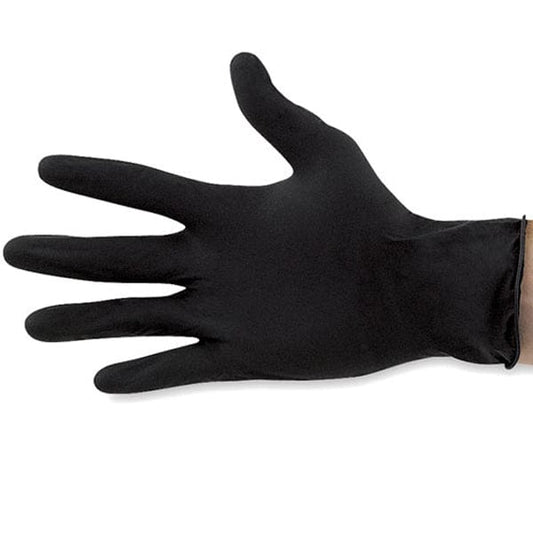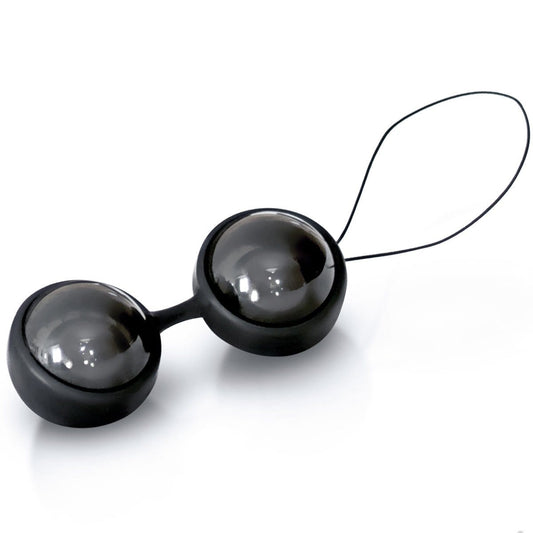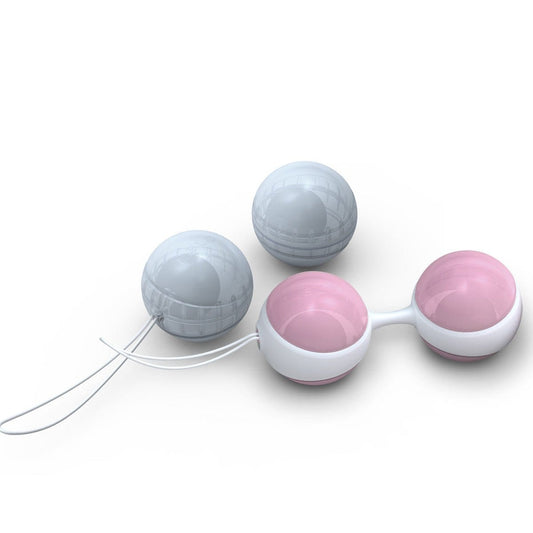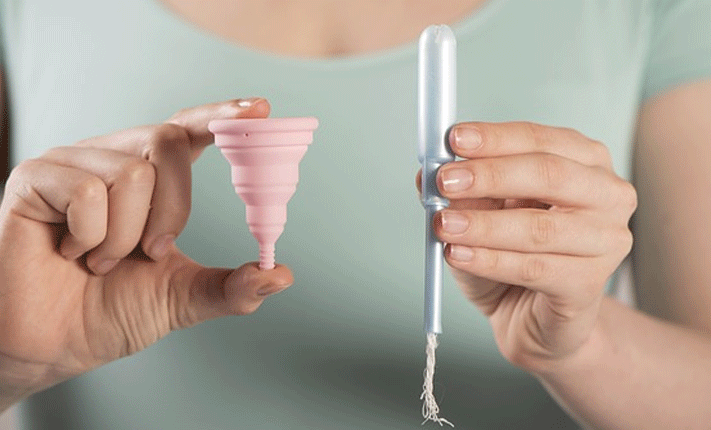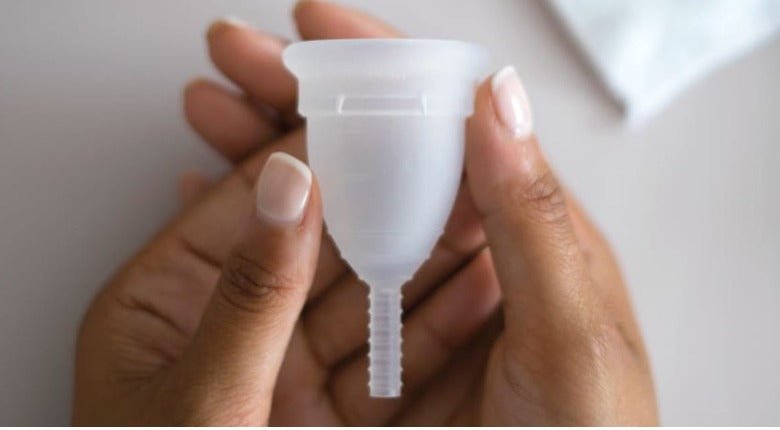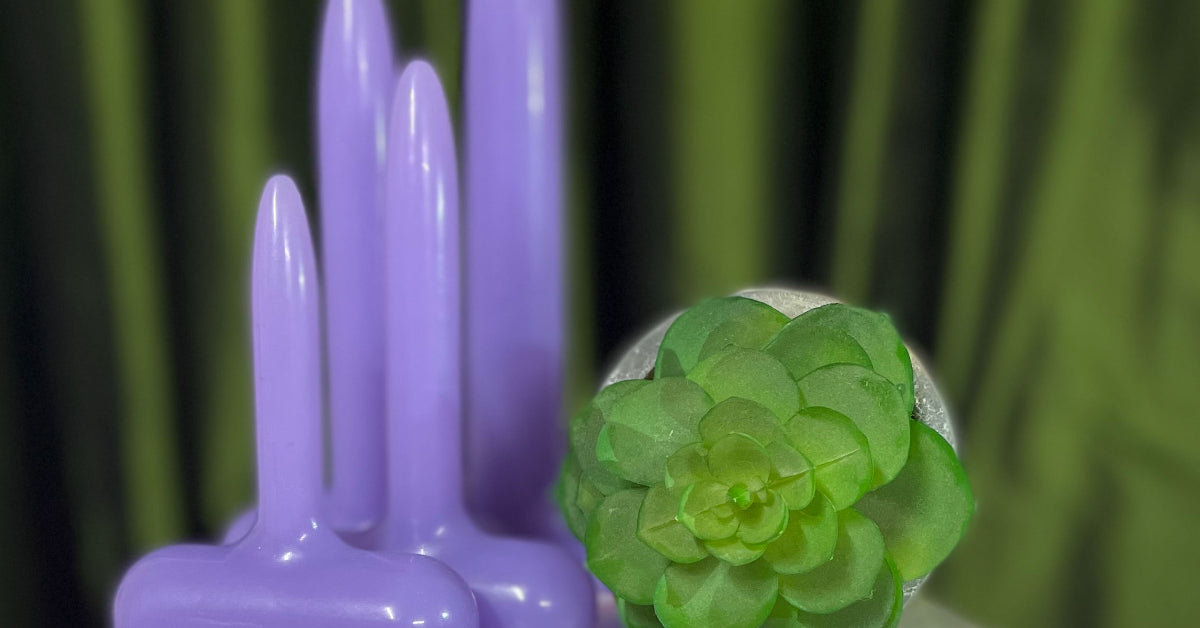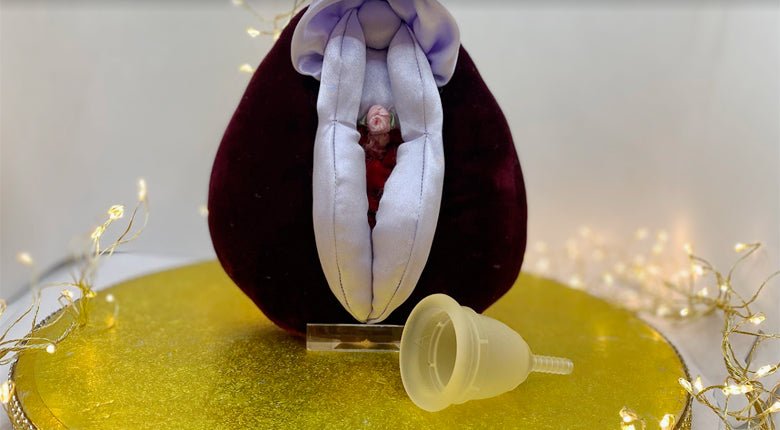We all know that we should go for regular check-ups, and that we should use condoms if we're lucky enough to pull a hottie on a night out. But how many of us actually adhere to this, 100%? There are definitely occasional slip-ups, right?
Too busy, too drunk, don't like getting our kit off in front of nurse in case she laughs at our oddly-shaped labia lips... There are many excuses and you may even have used one of them yourselves. And by doing so, you're doing your vagina a massive disservice.
Sexually Transmitted Infections (STI's) can happen to anyone who is sexually active.
It doesn't mean that you're playing fast and lose, and it doesn't mean that you're in some way "dirty". It's a risk we all take if and when we aren't practising safer sex.
Safer sex means using condoms, dental dams and latex gloves during all sexual encounters where a partner's STI status is unknown - this is by far the best way of avoiding unpleasant itching or frothy discharges in delicate areas.
Sexually transmitted infections are passed from one person to another through genital and/or sexual contact.
The good news is that most infections can be cleared up quickly.
The bad news is that many aren't aware of carrying an infection, as they show no symptoms.
Chlamydia is the most common STI in the UK, and worryingly, most people don't experience any symptoms. This means you may be infected for a very long time, and could unknowingly be passing it on to partners.
Women may experience a burning sensation when peeing, vaginal discharge and bleeding in between periods. For men, symptoms may show as burning when peeing, a cloudy discharge or pain in the testicles.
Untreated Chlamydia can lead to infertility, so it is important to get checked out regularly.
Genital Warts are small, fleshy growths around your genital area, including the anus. They are caused by the Human Papilloma Virus and the second most common STI in the UK. The warts are usually painless, but you may notice some redness or itching.
Gonorrhoea is a bacterial STI easily passed on during sex. About 50% of women don't experience any symptoms at all. For those who do experience symptoms, pain when peeing or a watery discharge is common. Other symptoms can be pain in the lower abdomen after sex, or bleeding in between periods.
Thricomoniasis is caused by a teeny-tiny parasite, and is passed on easily. Most people don't know they're infected.
Thric can cause a frothy, yellowish discharge in women, and men may experience burning after peeing or an inflamed foreskin. Thric can be difficult to diagnose, and your GP may advise you to go to specialist clinic for a swab test.
Pubic Lice crawl from hair to hair (but don't jump from person to person) so up close contact is how they are passed on. They can live in all body hair, and it may take weeks before you realise you are infected.
HIV is most commonly passed on through unprotected sex, but can also be transmitted via infected blood. There are no cures for HIV, but there are treatments that allow the infected person to live a long and otherwise healthy life.









